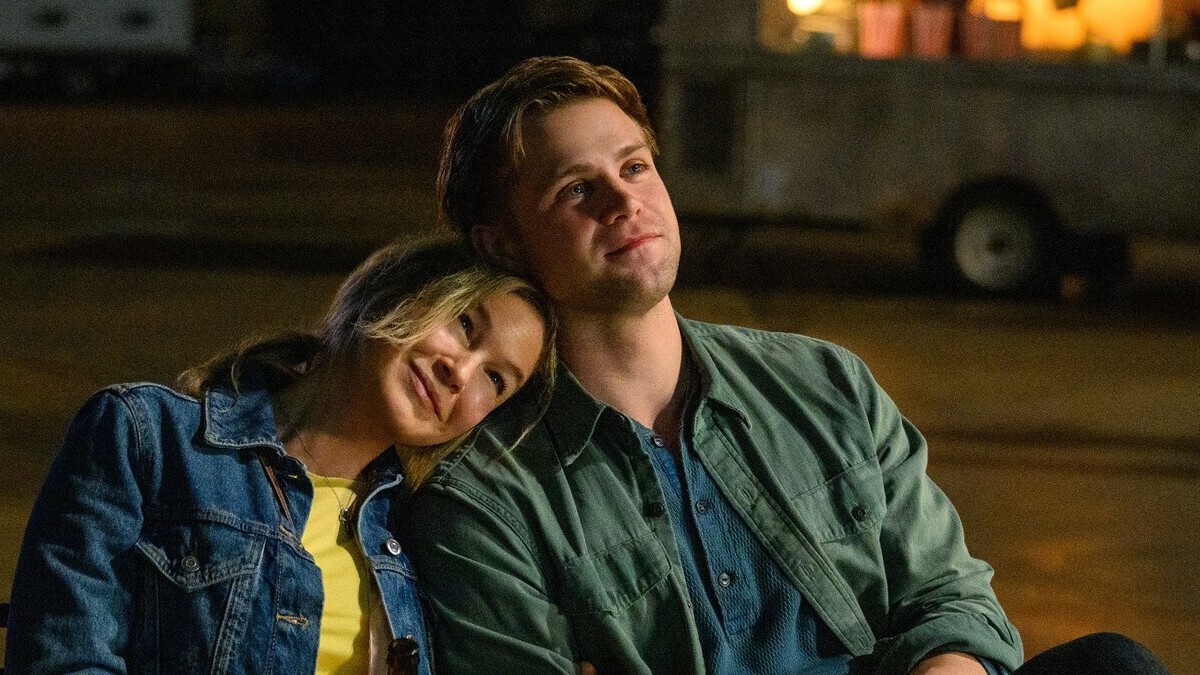
Valentine’s Day weekend was an awfully busy one for movies. Captain America: Brave New World pulled up in theaters and contributed to the MCU’s nosedive like never before, Paddington in Peru had us all missing Paul King’s whimsical touch, and The Gorge snuck its way onto Apple TV Plus before emerging as the second-strongest film on that week’s docket.
As for who the top dog was, that honor goes to Bridget Jones: Mad About the Boy, the final hurrah of England’s most lovable walking disaster that checked in exclusively on Peacock about a week ago before bowing into international cinemas that Friday. A questionable release strategy, to be sure, but with a film this good, we can’t be mad about it. The sub-100 people who have Peacock certainly can’t, either.
Per FlixPatrol, Bridget Jones: Mad About the Boy continues to safely dominate the Peacock film charts at the time of writing. Indeed, even between the Men in Black franchise, the Twilight Saga movies, and Oscar contenders like The Wild Robot and Conclave, any and all efforts to dislodge Bridget are as futile as the titular heroine’s attempts to cook a proper pasta dish.
Bridget Jones: Mad About the Boy once again stars Renée Zellweger as Bridget Jones — the delightfully awkward rom-com icon whose debut in 2001’s Bridget Jones’s Diary earned Zellweger an Oscar nomination. This time around, she’s a widowed mother of two following the off-screen death of her husband Mark Darcy, and finds herself navigating the throes of motherhood in her 50s. Her romance options, meanwhile, come in the form of Roxster (Leo Woodall) and Scott Wallaker (Chiwetel Ejiofor).

But most importantly, Bridget is still Bridget, and she’s going to Bridget things up as she always does. Every Bridget Jones film adheres to this and soars because of it, but Mad About the Boy‘s triumph just might be the most significant of all.
Bridget Jones is, was, and always has been thoroughly incompatible with modern adult life. She falls into work opportunities and relationships and then sabotages them just as fluidly, and she does it all with an enduring but self-aware smile. In this way, she is immune to the follies of society.
But then along comes Mad About the Boy with the death of her beloved Mark Darcy — death is much bigger than society, and so the largely-immune Bridget has now been properly challenged by grief. But still, she perseveres, and her penchant for charming faceplants looks less and less like a failure and more like a radical act of being in the adult world, which grumpily demands unimaginative competence.
Moreover, Bridget’s new role as a mother illuminates an area that she genuinely excels in: Children. Children, of course, are free of the self-seriousness of the adult world, hence why Bridget’s whimsy transforms into so much success when relating to her kids and their classmates.
It may be the case that being true to oneself has become a bit of a cinematic platitude, but over the 20+ years that it’s taken shape in the context of Bridget as a character and the Bridget Jones School of Comedy Writing and Storytelling, it’s supremely difficult to sneeze at, and Mad About the Boy brought it all home with the biggest bang yet.